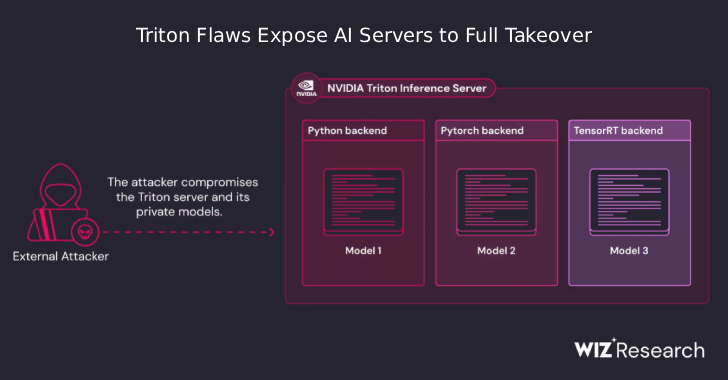
The Benefits of Social Engineering Testing
In today’s digital age, protecting sensitive information has become more important than ever. From personal data to corporate secrets, the risk of cyberattacks is a constant threat. While most organizations invest in advanced security measures such as firewalls and antivirus software, they often overlook one of the most vulnerable aspects of their security system – the human factor. Social Engineering Testing is a crucial component of any comprehensive security strategy, as it helps identify and address potential weaknesses in an organization’s human firewall.
Social engineering testing involves simulating real-world scenarios in which an attacker tries to manipulate individuals within an organization to obtain confidential information or gain unauthorized access to systems. This type of testing can take various forms, including phishing emails, phone calls, or even physical access attempts. By evaluating how individuals respond to these scenarios, organizations can assess their vulnerability to social engineering attacks and implement necessary measures to strengthen their security posture.
One of the main benefits of social engineering testing is its ability to expose weaknesses in an organization’s training and awareness programs. No matter how advanced an organization’s security systems may be, if employees lack awareness and understanding of social engineering tactics, they can inadvertently contribute to a breach of security. Conducting social engineering tests allows organizations to identify areas where employees may be susceptible to manipulation and tailor their training programs accordingly. This can significantly enhance employee awareness and help prevent future attacks.
Furthermore, social engineering testing can help evaluate an organization’s overall security culture. By assessing how individuals react to simulated attacks, organizations can gain insight into their level of security consciousness. For example, if a significant number of employees fall for a phishing email, it may indicate the need for a cultural shift and heightened emphasis on security awareness. Conducting regular social engineering tests and monitoring the results over time can provide organizations with valuable data to measure the effectiveness of their security culture and make necessary adjustments.
Another advantage of social engineering testing is its ability to identify weaknesses in an organization’s policies and procedures. For instance, if an attacker is able to gain unauthorized physical access to a restricted area without being challenged, it may indicate a flaw in the organization’s access control policies. By exposing these vulnerabilities, organizations can take the necessary steps to enhance their policies and procedures, ultimately reducing the risk of a successful social engineering attack.
Moreover, social engineering testing can help organizations assess the adequacy of their incident response plans. In the event of an actual social engineering attack, an organization’s ability to respond promptly and effectively is crucial. By simulating different social engineering scenarios, organizations can evaluate their incident response capabilities, identify gaps, and refine their response plans accordingly. This proactive approach not only helps mitigate the damage caused by social engineering attacks but also enhances an organization’s overall incident response readiness.
It is worth noting that social engineering testing should be conducted responsibly and legally. Organizations must ensure that appropriate consent and ethical boundaries are established before conducting any tests. Additionally, it is essential to communicate the purpose and goals of social engineering testing to all employees to maintain trust and transparency within the organization.
In conclusion, social engineering testing is an indispensable part of a comprehensive security strategy. By simulating real-world scenarios, organizations can assess their vulnerabilities and take necessary measures to strengthen their security posture. From employees’ awareness and training to the overall security culture, social engineering testing provides valuable insights that help organizations identify weaknesses in their human firewall and implement appropriate controls. Furthermore, it helps evaluate the effectiveness of policies and procedures, as well as incident response readiness. Ultimately, by investing in social engineering testing, organizations can significantly reduce the risk of successful social engineering attacks and safeguard their sensitive information.
Contact Cyber Defense Advisors to learn more about our Social Engineering Testing solutions.





